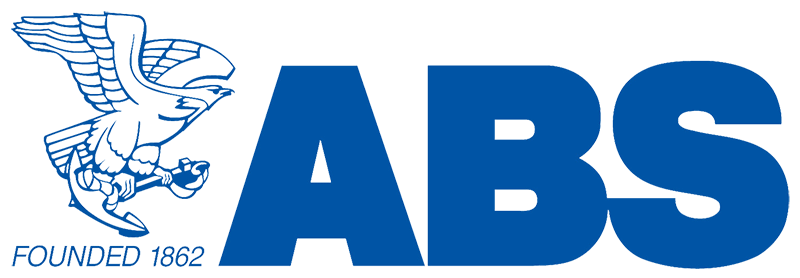Vetting Inspections Marine Oil Tanker Terminals
Held in: Lagos, Nigeria
Course Objectives and Benefits
This course addresses the safety aspects of operational practices at the ship/shore interface when making assessments of terminals that handle crude oil and petroleum products from the shore side perspective. This course is designed to equip responsible personnel with the knowledge necessary to conduct an assessment of the operating procedures in meeting safety standards/requirements. Interactive discussions are used to enhance understanding. It is intended that the course helps participants develop greater competency in assessment of ship/shore interface activities. Workshops on the key aspects of oil tanker terminal vetting are used to enhance understanding.
Course Highlights
-
Good industry practice for terminals
-
Development and Evolution of Marine Oil Terminal Regulations and Standards
-
Ship/shore safety checklists – ISGOTT, oil / chemicals, bulk liquefied gases
-
Safety standards for oil & chemical terminals and their compliance /certification
-
Terminal Assessments / Vetting and OCIMF Marine Terminal Baseline Criteria and Questionnaire
-
Pre-arrival information and Terminal Regulations
-
Berthing / Mooring issues and emergency release couplings
-
Manning requirements at Oil Terminals
-
Static electricity and preventive measures
-
Surge pressure and automatic shutdown systems
-
Tank vents and pressure/vacuum relief valve systems
-
Cargo custody
-
Fire protection /Security arrangements
-
Emergency evacuation arrangements
-
Loading/discharge plans
-
Pollution Prevention / Response and Slop reception facilities
-
Discussion of past incidents – lessons learned

Course Pre-requisites
None.
Course Duration
4 days.
